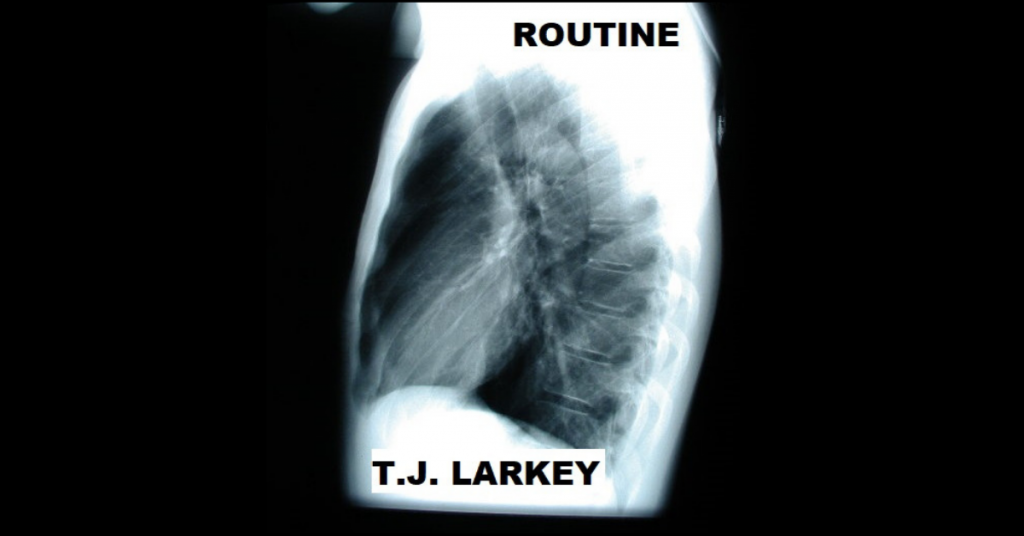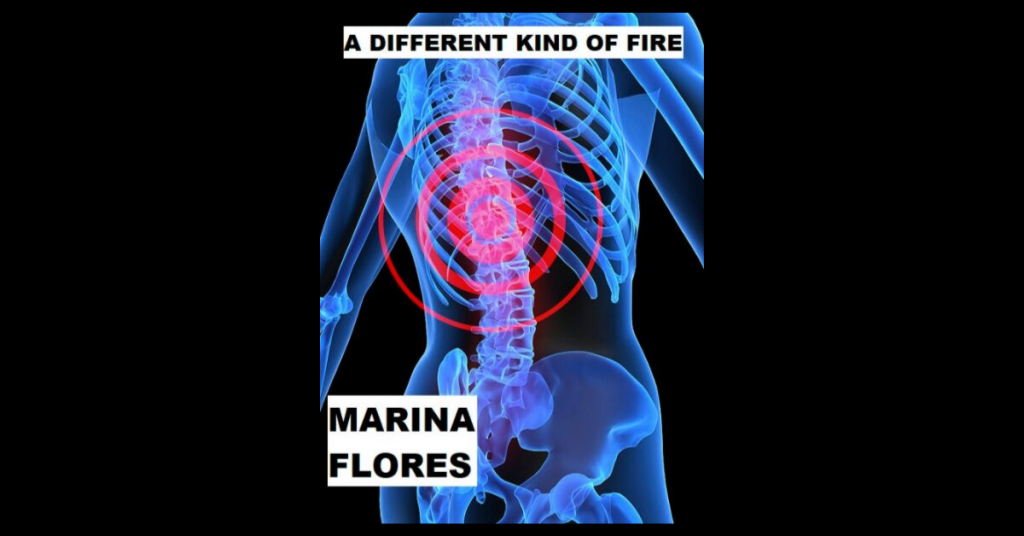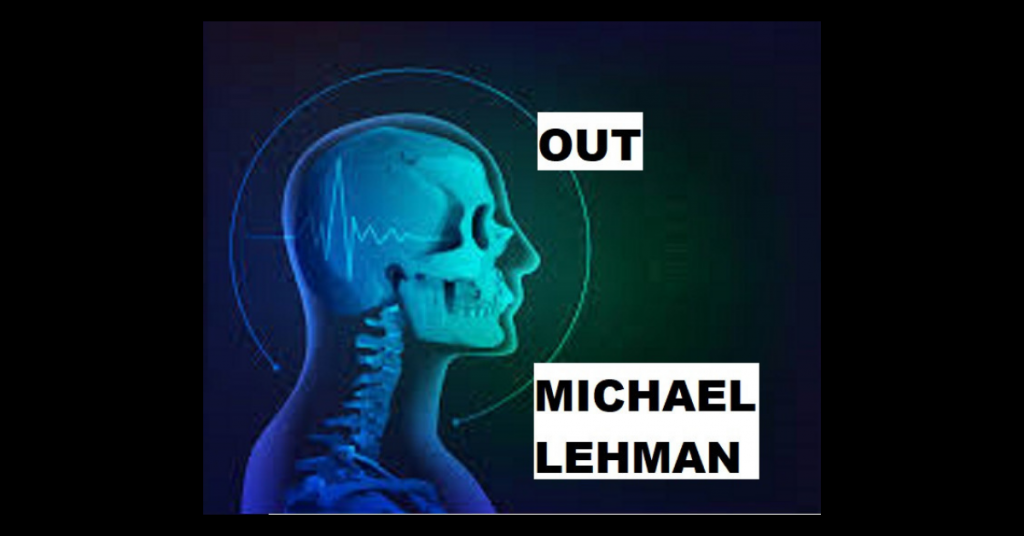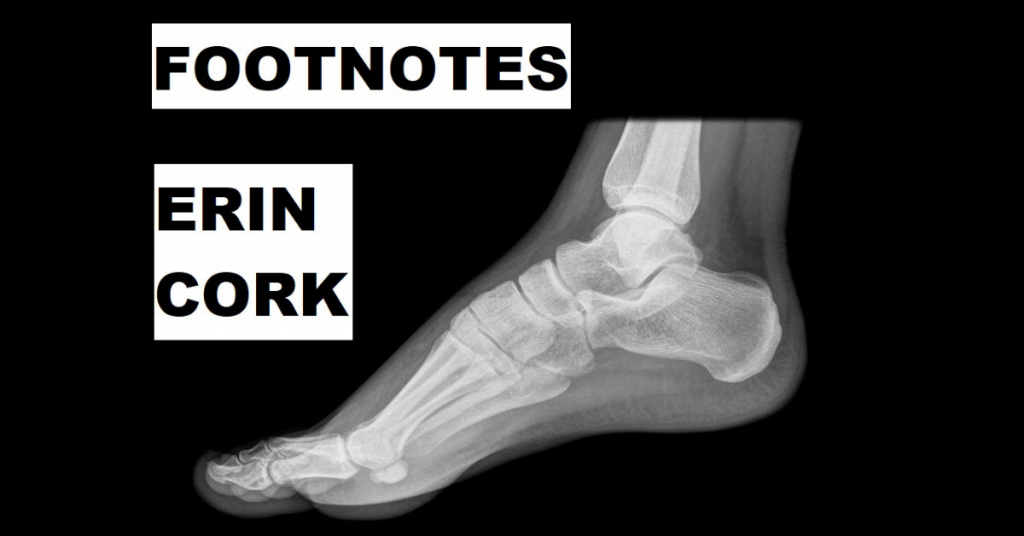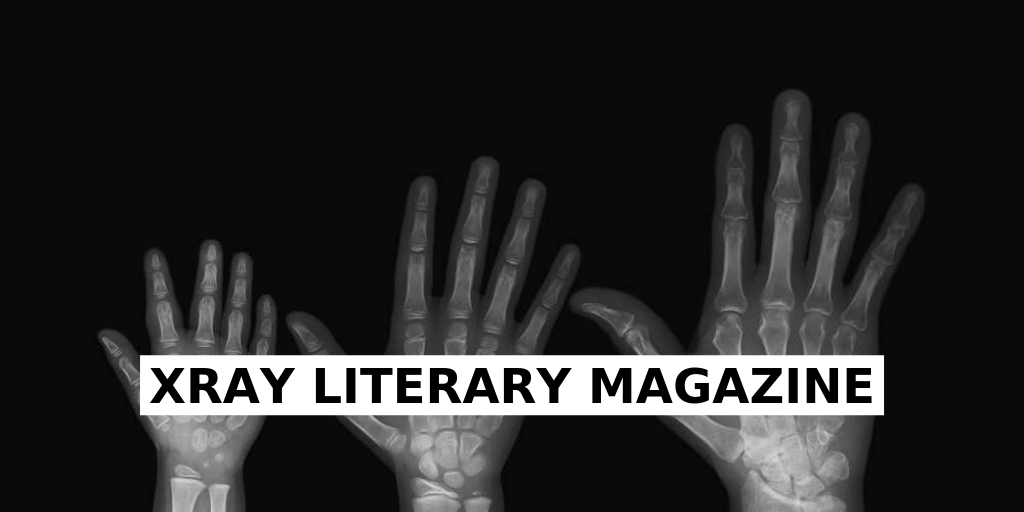
THE PENCIL TEST by Grace Loh Prasad
I once dated a Famous Author—someone you might have heard of. He’d written half a dozen nonfiction books by the time I met him at a writers conference, and had recently published a surprise bestseller that was made into a movie. He’d lived and traveled all over the world as a journalist and was on the masthead of a venerable magazine.
The Famous Author was teaching a class on how to write and sell travel stories, which seemed like a good entry point for my first-person writing about Taiwan. After the conference I emailed him to introduce myself and mentioned that we had lived in Hong Kong at the same time. I asked if I could show him some of my writing, and he said Sure, let’s meet up when I’m in California next month. He asked me to email a photo of myself, so I did.
He wrote back: You’re not the one I was thinking of. But I still want to meet you.
A few weeks later, he invited me to meet him in Los Angeles where he was staying at the Four Seasons Hotel. He offered to buy me a plane ticket from San Francisco to LA.
Oh no, I said. I’m not that kind of girl. I’ll pay my own way.
I know what you’re thinking, but nothing happened at the Four Seasons except that we had a nice dinner on his expense account and caught a glimpse of the actress Elizabeth Hurley. Her eyes were smudgy with black eyeliner and her lips were set in a scarlet pout. All heads turned as she walked through the dining room in her skintight jeans and stiletto heels, hips swinging, looking mightily pissed off. A hush fell over the room as though we had witnessed Aphrodite herself storming out of a lover’s quarrel.
For the next several weeks the Famous Author and I carried on a long-distance flirtation. Not a relationship exactly, but a growing intimacy that hinted at future plans even though I had a boyfriend, and he was still married to his second wife. I suppose I should mention the age gap: I was 30 years old and the Famous Author was 55. So what, I told myself. That’s the same age difference between Catherine Zeta-Jones and Michael Douglas.
What attracted me to him was his worldly sophistication and success as a writer. He represented everything I wanted to achieve: literary success, a globetrotting lifestyle, and the confidence to write about whatever interested him. I was especially intrigued by how he had traveled across China and written extensively about it. He had a command of the country’s history, culture and geography that eluded me as a second-generation Taiwanese American just starting to explore my identity through my writing. It didn’t occur to me to challenge his expertise, to consider what he might have missed or gotten wrong as a gweilo writing about China from a colonizer’s point of view.
When I met him he was putting the finishing touches on a book about the dissolution of Yugoslavia, using his training as a geologist to make pronouncements about how the geography of the area affected the history and volatile politics of the Balkans.
The Famous Author spent a lot of time talking about his past relationships and sexual conquests. His second wife was a busty redhead and successful entrepreneur that he met somewhere in the South Pacific. He enjoyed her ambition and her flair for adventure, along with her penchant for setting up threesomes with “office girls” she liked to chat up. They split amicably and moved on to other lovers but didn’t divorce because he didn’t want to give her half of his assets.
His most recent girlfriend was a statuesque African American beauty, but the relationship didn’t last. She was disqualified when he found out she disliked hiking, and was so afraid of heights that she had a panic attack upon reaching a beautiful vista in the Scottish Highlands.
In one of his books about traveling through China, he reminisced fondly about the “knock on the door in the middle of the night” accompanied by soft giggling, which meant that an enterprising hotel manager had sent him some companions for the night in the hopes of a favorable write-up.
Through these stories I got a distinct sense that I was auditioning for the role of the Ideal Girlfriend: someone smart enough to keep up with him and his literary friends, adventurous enough to accompany him on rugged trips, attractive enough to qualify as arm candy, and young enough to be a trophy.
Our long-distance relationship deepened over the summer and we spent hours talking on the phone during the month I lived in Sonoma, where I was housesitting for friends. He said he was going to dedicate his Balkans book to me, and my heart soared. When I returned home, I broke up with my boyfriend.
Here’s the thing about long-distance relationships: none of my friends had met the Famous Author, and they were confused as to why I broke up with a boyfriend they and I adored. All they knew were the bits and pieces I would tell them, and all they could do was nod and pretend to understand as my love life unraveled.
There were so many warning signs. He recommended that I read The Girl’s Guide to Hunting and Fishing by Melissa Bank, a novel about a young woman in a relationship with a much older man who’s a well-known writer. He said he loved Britney Spears, and preferred her naughty schoolgirl persona to her more recent work. When I visited the Famous Author at his home on the East Coast, he failed to tell me that he had a live-in personal assistant, a 22-year-old recent college grad. The assistant and I circled each other like a pair of cats and I concluded that she wasn’t a threat because she didn’t seem to be his type. She was a tall, sturdy girl with rosy cheeks, the wholesome kind you see in Russian propaganda posters. The Famous Author had told me that he liked petite Asian women because they were more likely to pass “the Pencil Test.”
What’s the Pencil Test? I remember asking him on one of our long-distance calls.
He explained: If you tuck a pencil under your breast and your breast is heavy enough to hold it in place, you fail the Pencil Test. If the pencil falls, you pass the Pencil Test.
I assured him over the phone—since he hadn’t yet seen me undressed—that I would pass the Pencil Test. I had never heard the term before and assumed it was something he made up, rather than a standard measurement used to determine when a girl is ready to begin wearing a bra.
I know what you’re thinking. Run away now! But of course I didn’t, because I was young and naïve and blinded by my desire to be a writer, which made me think I was in love with him when in truth I was in love with the idea of him, and a version of myself I had yet to become that felt tantalizingly within reach.
This isn’t a story about consent. It’s a story about power and projection and the unspoken internship that a hopeful young woman enters into when she meets a much older man who can advance her career.
Later that summer I had a business trip to Paris, and the Famous Author invited me to join him in Scotland, his “favorite place in the world.” I understood this was a test to see if I was outdoorsy enough to deal with mud and rain and rough terrain. Scotland was the midterm; the final exam was to be New Year’s Eve of the Millennium, when I would join him on assignment on a cruise to Antarctica that would require sailing through the famously turbulent Drake Passage. The climax of the trip would be a New Year’s Eve countdown in blinding daylight because the sun would not set on the South Pole as 1999 rolled into 2000.
I nearly missed my flight from Paris Orly to Edinburgh and sprinted through the terminal to get on the plane right before the doors closed. From Edinburgh, I took a train to Inverness where he picked me up and drove us to the restored castle where we would be staying for several days.
That night in the hotel restaurant, he insisted on feeding me oysters, which I had never tried before. I slurped one down and did not enjoy it, then ate a second one just to be sure, and hated it as much as the first. What I remember most, but did not say out loud, was how everyone stared at me, the only nonwhite person in the dining room and quite possibly the entire property.
The next day, the Famous Author wanted to visit a friend nearby who was quite elderly and didn’t get out much. He planned to go on his own, so I would have the afternoon to myself to relax, read a book, and explore the castle. Before he left we decided to have tea in the lounge downstairs.
I ordered a pot of Earl Grey. He had Darjeeling or English Breakfast, I can’t remember. We sat awkwardly on the opposite ends of a long, low table, drinking tea out of blue and white Wedgewood cups. He broke the news to me that he’d decided to dedicate the Balkans book to a friend who had recently passed away. I was disappointed, but couldn’t argue with that. Then we started talking about Taiwan.
He said: I think Taiwan should reunify with China. There’s a common language and history. It can be like Hong Kong: one country, two systems.
I’m not sure what I said in reply. Perhaps, I don’t believe that at all. Or, Why do you think that? Or maybe I didn’t say anything, because I was speechless that someone who seemed so knowledgeable about world affairs would take a stance that was so clearly against the wishes of the Taiwanese people—including me.
We sipped our tea and I thought to myself, so this is how it ends. The Famous Author left to go see his elderly friend and said he’d be back by dinnertime. I didn’t tell him how upset I was. Instead, I went up to our room, packed my things, and booked a seat on the next train to London. By the time he came back, I was gone.
I never spoke to him again. It took two strong cups of tea to open my eyes and finally see how mismatched we were. Even though he had read some of my deepest thoughts in my essays, he did not know me at all.
He was wrong about Taiwan, and wrong about me.

